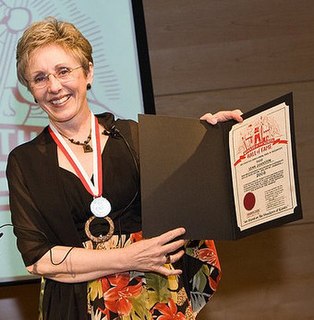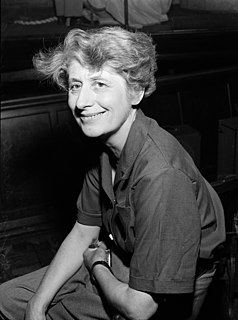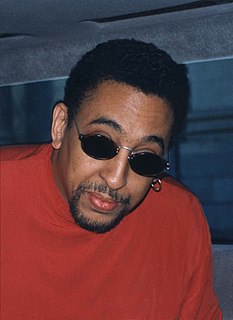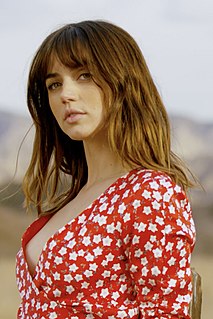A Quote by Lynn Johnston
I've always felt that life is a novel, and part of it is written for you, and part of it is written by you. It's up to you to write the ending, ultimately.
Related Quotes
One of the things I always underscore when I teach criticism is that young critics, or would be critics, frequently have this illusion that if they write about music they're somehow part of music, or if they write about movies they're part of movies, or of they write about theater they're part of theater, or write about literature. Writing is a part of literature, we belong the species of literature. If you add all the music reviews together that have ever been written, they don't create two notes of music.
I would never sit and write a song in front of anyone, because you're so vulnerable. I don't know at what point in the process that it becomes acceptable to pass them on. When a song wants to be written, it will be written. When it does come, I will very rarely go back and edit lyrics. I'm quite a rational human being, and the only part of my life that I can't rationalise, or can't make sense of, is how a song gets written or why.
There's still a part of me that thinks I have to write a really good novel. I'm not trying to say I'm not happy with the novels I've written in the past. But it always feels to me like there's another one that I have to write that will really say what I want to say, and really paint this world that I can see hazily in my head.
I never felt like a happy-go-lucky ingenue to begin with. And parts are written better when you're older. When you're young, you're written to be an ingenue, and you're written to be a quality. You're actually not written to be a person, you're written for your youth to inspire someone else, usually a man. So I find it just much more liberating.



































